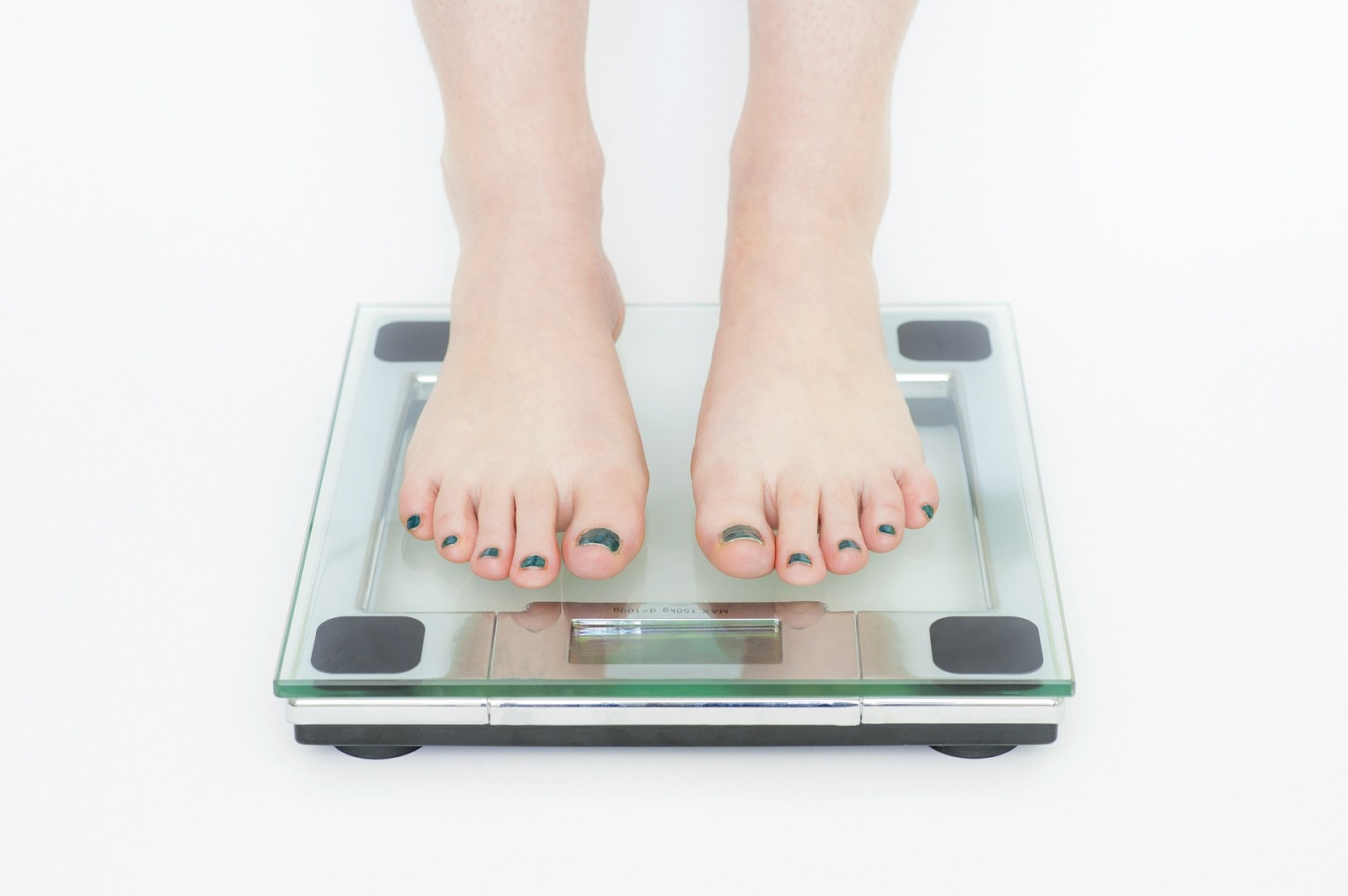Whether you’re training for your first marathon or you’re a hardened marathoner, it’s easy to go overboard with what you eat. Here we’ll look at what can so easily happen, the impact it has and how to avoid it.
Putting on a few pounds is easy
As we start increasing the mileage of our weekly long runs, and potentially add a few extra miles mid-week as well, it’s tempting to start loading up more and more on food to fuel our runs. This isn’t a bad idea of course, we do absolutely need more fuel if we’re to maintain weight and health whilst training harder, but study after study has shown that regardless of experience, we’re too generous with our estimations of how many calories we’re burning, and tend to underestimate how many calories we’re consuming.
What’s a few pounds though right? It can’t make that much difference surely?
You’ll run slower and enjoy it less
Gaining weight slows you down, assuming it’s predominantly body fat gains. Not exactly a shock there. But research suggests that even over 3-5km time trials, adding 5% of your bodyweight as non-lean mass (body fat) increases times by around 3%. It’s fair to assume that a longer event like a marathon will increase this since your muscles will become even more tired, and you will easily be looking at running your marathon 5% slower. It might not sound like much, but 5% on a 3:30:00 marathon target will see you run over 10 minutes slower than you wanted!
Aside from slower times, your muscles will tire more quickly, meaning the last few miles, which are always hard anyway, become that much harder and more unenjoyable.
Higher risk of injury
If you think about it, training for a marathon is likely the hardest thing your body will do in any given year, especially if you’re aiming for a personal best time. You’re running more, meaning more impact and asking more of your muscles, ligaments and tendons than they’re used to. If you begin gaining weight, this increases the load on each of these structures even further, meaning you’re actively increasing your risk of injury.
What you can do to avoid weight gain
Be honest with yourself and jump on the scales every week to make sure you’re not heading too far down the wrong path. That also means ensuring you’re not losing weight unless that’s part of the plan. Have a weight range of around 4-6lbs that you fluctuate around, 2-3lbs under and 2-3lbs over your current weight. Ideally don’t let it go outside of this range, and if it does, make some changes as soon as you see it.
Try to avoid doubling up on carb intake. It’s important to eat more carbs, but since most of your long runs will be at an easier pace, you don’t need to have the extra snacks or a larger meal the night before your long run, especially if you’re going to eat more after your long run, as is often the case. Focus on eating more on the long run day, with a good breakfast and nutritious meals (plus a little junk if you want it), just don’t fool yourself into thinking you need thousands of extra calories because you’ve started adding what will likely only be another 1-2 miles per week to your training.
Our weight will always fluctuate, and around Christmas, birthdays and holidays we can expect it to increase a bit, but look at the long term trend and give yourself the best chance of success in your next marathon by making sure you’re not sabotaging your hard work with what you eat and drink.
I hope this doesn’t come across as a criticism of weight or pressure to be as lean as possible. I made the mistake of not checking my weight in the lead up to my 2nd marathon back in 2020 and ended up 7lbs heavier than I expected when I weighed myself a few days before the race. I ran a PB because I was fitter, but I missed my time target by 3 minutes and was around 6 minutes slower than I expected after my legs felt finished at mile 16. I was annoyed with myself for the slip up and I don’t want you to experience this very avoidable situation.
Written by Kyle Brooks, Running Coach based in Norwich, Norfolk

